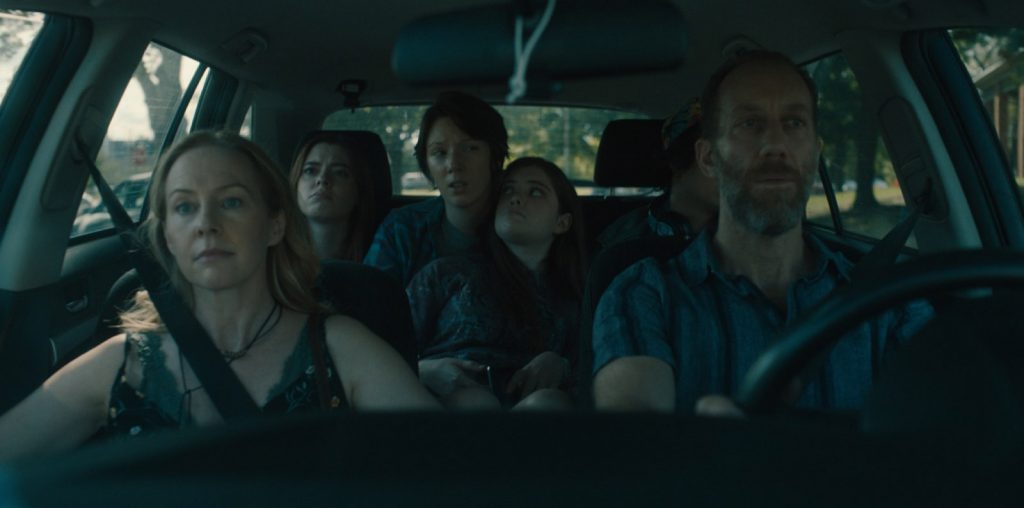
Nothing, as the old saying goes, is ever as good as it seems. Or if you prefer, if it sounds too good to be true, it usually is. Yep, these are cliches, all right. But they’re also trustworthy rules to live by; the kinds of cautionary principles which Dylan Hewitt (Eric Johnson) should heed.
Then again, Dylan isn’t too good at heeding warning signs of any kind. If he was, he wouldn’t owe his sadistic bookie $38,000 in gambling debts, his ex-wife wouldn’t loath and have left him because of an earlier bout of gambling troubles, and his best friend and co-worker Alex (Patrick Jordan) wouldn’t be shunning him.
Yet, his failure to heed such warning signs is precisely the reason why an increasingly desperate Dylan falls for the mysterious phone call he receives in the middle of the night; a phone call offering to help Dylan clean up his problems with no strings attached.
Before you can say, “This sucker’s a chump,” Dylan find himself embroiled in a complex counterfeiting scheme gone horribly awry, duped repeatedly by the slick talking con man Haze (Halim Jabbour) and helplessly wrapped around the fingers of sexy former stripper turned classy art gallery owner Mara Payton (Julie Arebalo).
In over his head, in other words. Still, the increasingly pissed off, if consistently one step behind Dylan constantly battles on, sniping at tormentors real, imagined…and sometimes both.
Director Brad Osborne’s “Hall of Mirrors” does just what its title suggests, wrapping up the viewer in a disorienting netherworld of reality and carefully fabricated illusion. This smoothly devious psychological drama, like its villains, doesn’t always play fair, treading a very fine line between clever misdirection and outright chicanery. The viewer quickly learns that nothing here is ever quite as it seems, which makes for a bit of a two-edged sword. On the one hand, “Hall of Mirrors” draws the viewer into its lair like a Venus Flytrap, only to then toss and turn him around like a sugar-charged six year-old at a birthday party game of “Pin the Tail on the Donkey.” Yet, once the rules are established — that is to say the audience, like Dylan, realizes there are no rules — the intrigue gives way to a certain amount of detachment; a sort of riding out the film to see how it all shakes out.
“Hall of Mirrors” isn’t a terribly original film. But it is stylish and sexy as well as being decently acted and written. If the “Nothing Is Ever As It Seems” sub-genre has itself become a bit of a cliche like the aforementioned creeds Dylan should have heeded, “Hall of Mirrors” is at least an intriguing, well polished trip to the psychological funhouse.
